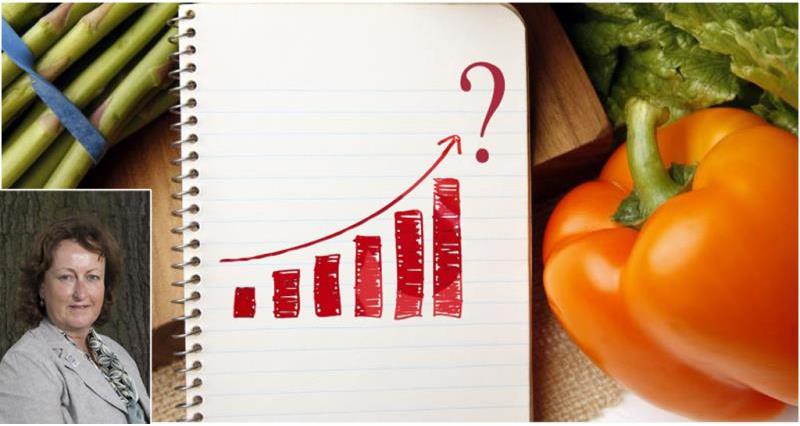She writes:
Organic sales in the UK are currently enjoying a very positive trend, worth £2.09 billion and showing growth of 7.2%. While these are results we can be proud of, it is still a fragile market and, as we saw in 2008, it can change rapidly. I don’t believe the fall we saw some nine years ago was altogether because of the economic state of the country, but more a knee jerk reaction from retailers and their view that customers would not buy organic. Studies have since shown that customers did not buy organic simply because it wasn’t on the shelves, not that it was too expensive.
It is interesting to see how Denmark has developed its organic strategy over the last few years, to become one of the world’s biggest organic markets. It has grown from very humble beginnings in 1982 when the first organic carrots were sold in store to now, where Danish consumers are the most organic in the world, spending 269 euro each on organic food each year.
Danish consumers demand high quality food, but are also very price conscious. Retailers in Denmark were keen to sell organic food and particularly the discount retailers. Some 39% of all organic sales are through discount stores. The strategy being that organic should be affordable to all. Export is also a positive story with over 50% of all organic dairy being exported and the total organic export market being worth 270 million Euros.
The organic red label in Denmark is well recognised. 100% of people asked either knew about or had heard of the label and 81% said they trusted it. It would be good if we could attain a similar figure for our own Red Tractor label in the UK, never mind any organic labelling. I do think that we simply confuse the consumer, with so many logos and on-pack details.
A key point for the increase in awareness of organic food in Denmark, was in 2012, when the Danish government made it compulsory for 60% of food used in the public food service to be organic in origin. Public procurement in the UK seems to struggle to be of British origin, let alone organic. So there is something to strive for!
With the improved growth within the UK, it is important that we continue to develop that positive trend. To offer consistent quality and engage with the retailers to not sell us as a niche offering, but a quality, affordable choice for all. To encourage government to address the issue in the public food sector and not dismiss organic. Most importantly to promote and protect what we do and how we farm, to show the evidence for organic farming in its own light without casting shadows on other systems. Good marketing does not rely on point scoring, but engaging with consumers and retailers to earn that trust and loyalty. It has to be a two way conversation and we have to listen to our customers to help both of us understand better. We have all come a long way since the “Silent Spring” and maybe the benefit of organic for all is now beginning to dawn.
